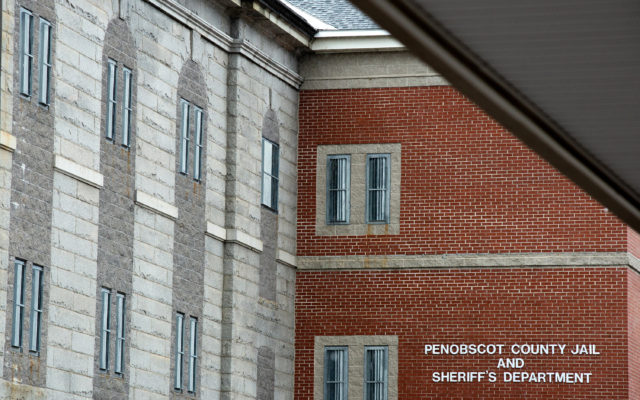
A new diversion program is a better solution than a bigger jail in Penobscot County
By Frank Zarro, Dylan Moore and Benjamin Miller
Maine has a reputation for being a caring state, a fact many are proud of. But we believe our overburdened, outdated justice system is the state’s scarlet letter. We need to begin confronting these issues with care and understanding, not punishment. And now, we have a way to do it.
Penobscot County Commissioners and other officials have been urging the construction of a new jail in Penobscot County for some time. The existing county jail in Bangor has legitimate problems, but we do not believe spending millions in taxpayer dollars on a brand-new, much larger, jail is the solution.
In fact, we think this proposal stands for the same problem-solving methods that have turned Maine’s justice system into a feedback loop of self sabotage.
The question we should be asking is, “Why do we have so many people in our jails?” The population of Penobscot County has grown very little — just 1.9 percent — since 2010. And between 2010 and 2021, crime fell by almost half. So why the urgent need for more jail space?
There are several contributing factors. One is the public defender crisis, a severe lack of attorneys which leaves hundreds of defendants in jail awaiting trial.
In addition, the county does not have enough programs to help prisoners suffering from mental illness or substance abuse to be in compliance with state law, key reasons people become involved in the legal system.
Building a new jail instead of addressing these root causes is like bailing water from a sinking ship with buckets instead of plugging the leak.
Fortunately, we have a solution. We don’t need to choose between doing nothing and spending years and millions of dollars just to sweep the problem under the rug. A comprehensive, cost-effective alternative exists: a community-based diversion program that could reduce the jail population, lower crime rates, improve outcomes for participants, and save the county tens of millions.
Our solution is a new diversion model that would eliminate jail time for many people who can safely complete a structured program. Such a program will soon be proposed by community stakeholders to add to or replace the current, inadequate Purpose Awareness Connection Education (PACE) model.
Instead, the new diversion program would require 60 to 90 days of structured participation, extendable up to six months, with individualized plans tailored to each participant. These plans would include daily reporting to caseworker teams, who would help coordinate access to services like addiction treatment, job training, mental health care, housing, and more.
Importantly, eligibility would be expanded to most people accused of Class C offenses or below, people who would not be held before trial as in other states, such as New York. By allowing diversion of these people before trial, the program addresses overcrowding at its source. It also preserves due process and keeps people connected to families, jobs, and support systems, so they are ready to keep improving their lives.
The program could reduce recidivism by addressing the root causes of criminal behavior. Jails are not treatment centers, yet we continue relying on them in that role because the state has failed to fund enough community-based services. This has turned jails into de facto holding tanks for people society has chosen not to care for until they become a legal problem.
Unlike the $65-$70 million-plus price tag on a new jail, which the Maine Prisoner Advocacy Coalition estimates could rise to $100 million, this diversion program is estimated to cost just $2.5 million per year. Over 30 years, the total cost wouldn’t even reach half of what one jail construction project would cost taxpayers.
Why waste years and millions on political battles to expand incarceration when an effective, humane, safe, and affordable alternative is within reach?
If Penobscot County and the state of Maine truly want to solve the issues they’ve perpetuated for years, it’s time to stop doing things the old way. You cannot keep throwing hundreds of millions at building prisons forever.
Zarro is a resident of Biddeford, and the principal of Society Impact in Portland, working with government officials and communities on public policy formation and social impact initiatives addressing housing, environmental, social, and criminal justice issues. Moore is a small business owner in Bangor and an active member of No Penobscot County Jail Expansion. Miller is a researcher and Society Impact associate in New York City.